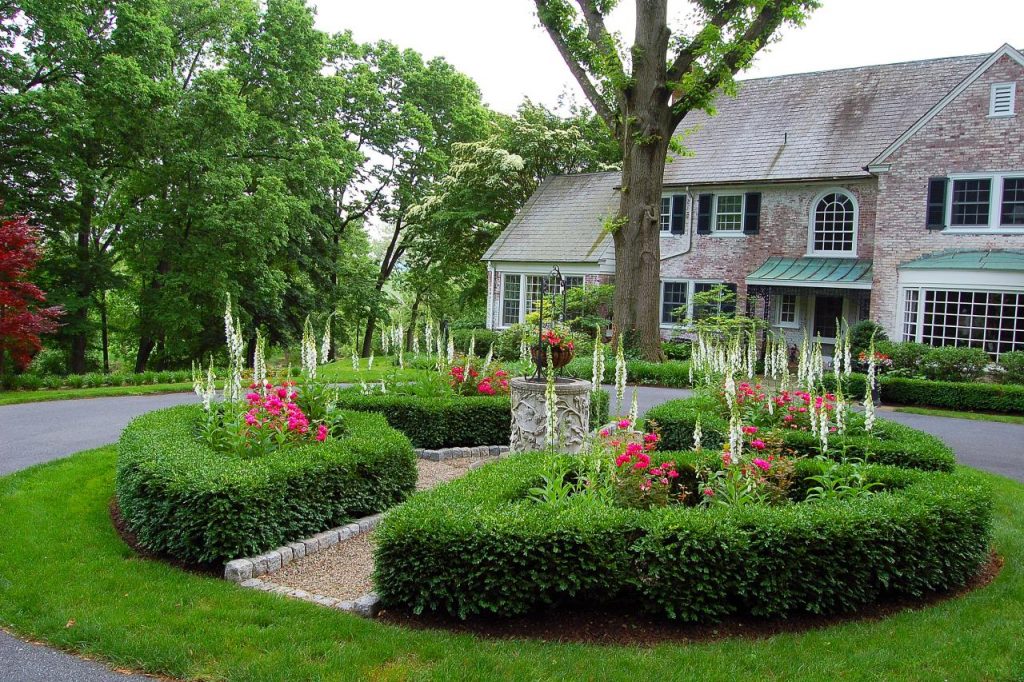Reasons For Gardening Along Driveways
Many people think that gardening only applies to the front yard and backyard garden, but you couldn’t be more wrong. There are so many forms of gardening and ways you can shape your outdoor space.
In fact, many homeowners are nowadays focused on driveway gardening. But what does this mean? And would you plant a driveway garden? Read on to discover more about this phenomenon and maybe get some ideas for your yard as well!
What is a driveway garden?
Let’s start from the basics and explain what a driveway garden is. This couldn’t be simpler and means growing plans on areas you previously used as a parking lot or a driveway. These types of gardens can assume a couple of forms. For instance, your driveway garden could be a patio area set up in an unused garden. Also, gardens along driveways or those that run down the center of the garden qualify for this position.

Why do you need plants along the driveway?
These types of gardens bring natural beauty to your yard or a driveway that was previously made of cement. This is something different and unique which will complement the entire outdoor space. For example, rejuvenation is enough reason to consider driveway planting. So, instead of having a dull and empty space, you can have a driveway suddenly filled with life.
Now is the perfect opportunity to remove cement driveway and replace it with innovative and vibrant plants and flowers. In most cases, homeowners decide to plant low-growing plants so it doesn’t affect their car ride.
Parking garden
A parking garden is another way to transform your outdoor space. If you don’t use the backside of your parking area or driveway, you can convert this area into a family get-together or garden space. Use a row of the planter to block this area, and then use shrubs, ferns, bamboo, and a table with chairs to boost your parking garden.
How to landscape around the driveway?
Driveway landscape is different from any other form of landscaping and for a couple of reasons. Therefore, as long as you keep that in mind, you should be fine.
One of the first things is to consider visibility. Tall plants are good for any type of yard except driveway, especially if it meets the road. So, when planning, make sure to pay attention to the mature plant’s height. What seems tame and small can grow into a monster later.
While you are on the subject of choosing plants, you may want to stick to those that grow low; however, that’s not the best as well. Generally, those types of plants tend to spread quickly and not in the direction you want them to go. Basically, you are signing yourself up for years of chopping and trimming back from the asphalt. Instead, pick plants that stay where you put them or spread very slowly.
The last consideration is water. If you live in an area susceptible to rain, it will mean a lot of water down your driveway. That’s why it’s essential to select plants that handle a lot of water and have a resilient root system that won’t be washed away.
The most common driveway plants
Now that you are equipped with all the necessary information, you can move on to choosing plants for your driveway. Choose plants that are suitable for your climate zone. Here are some good suggestions:
- Low-growing annuals: marigolds, geraniums, zinnia, and dahlias
- Flowering herbs: lavender, rosemary, and sage
- Ornamental grasses
- Lavender cotton and Korean boxwood

